Who the Hell is David Hume?: And what are his theories all about?
- 122 pages
- 5 hours of reading
This author focuses on a deep exploration of history and politics. Their work, informed by a degree in Modern History from Oxford University, offers insightful perspectives on pivotal events and intellectual currents. Robson's approach is characterized by thorough research and analytical rigor. Their writing appeals to readers seeking an informative and thought-provoking engagement with historical and political subjects.

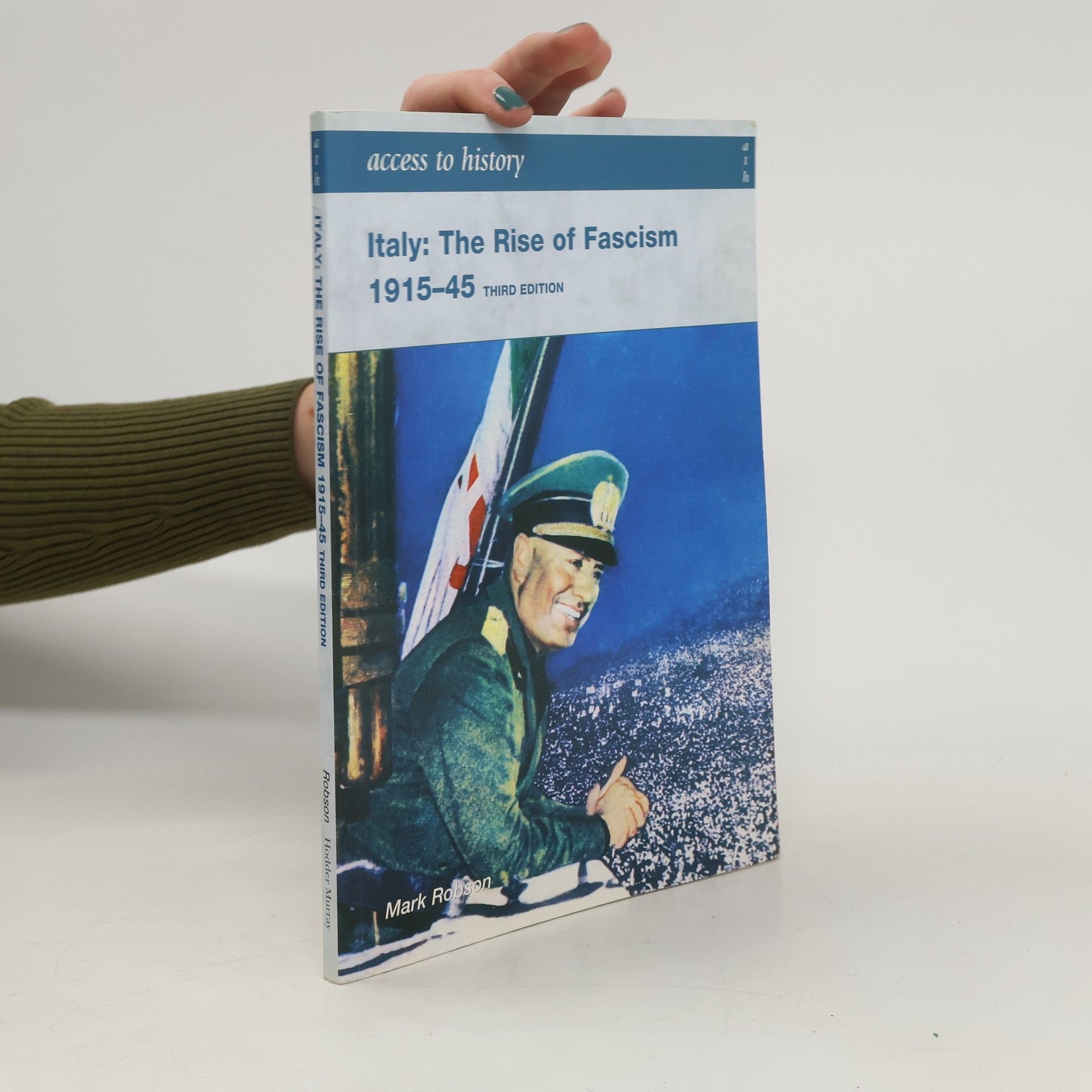
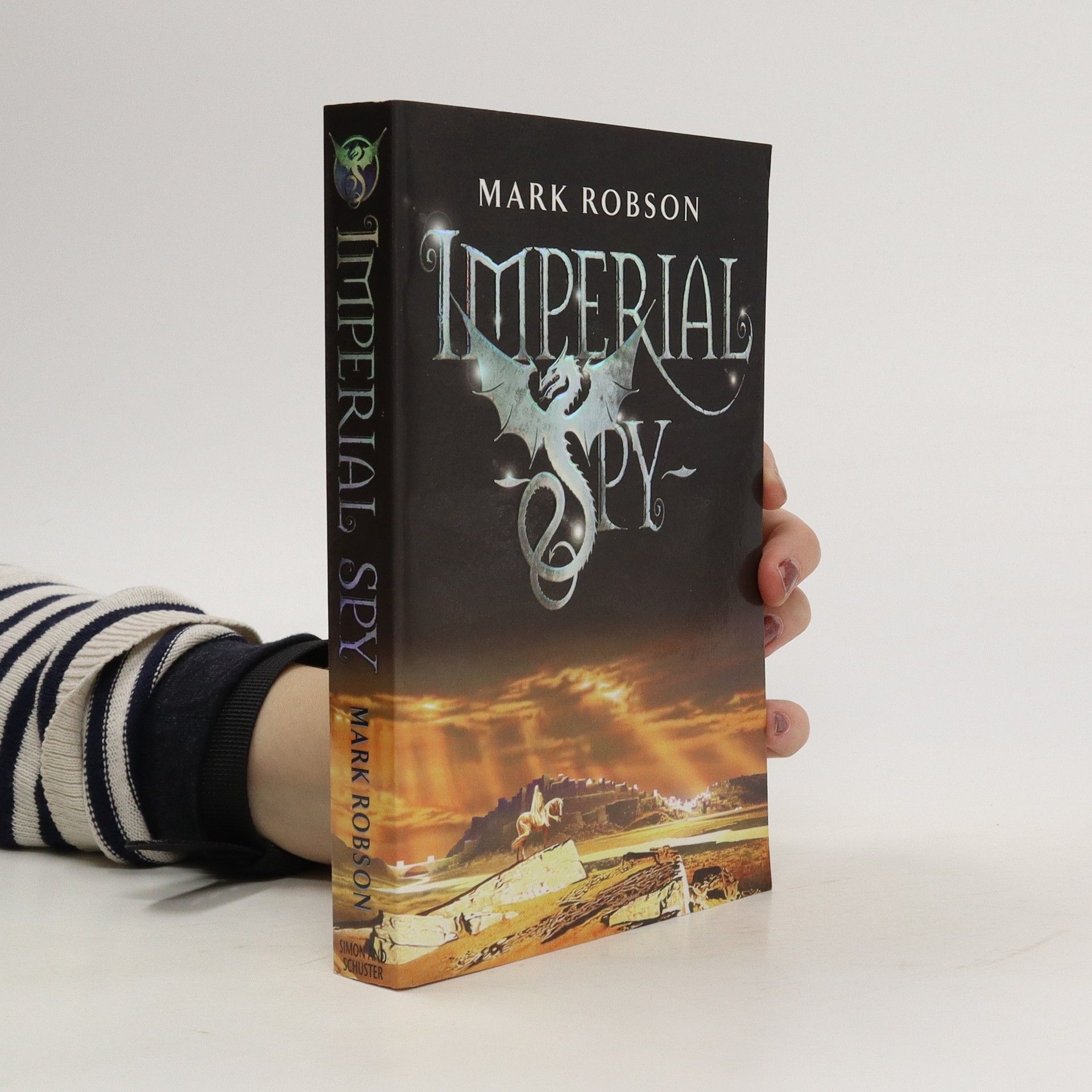
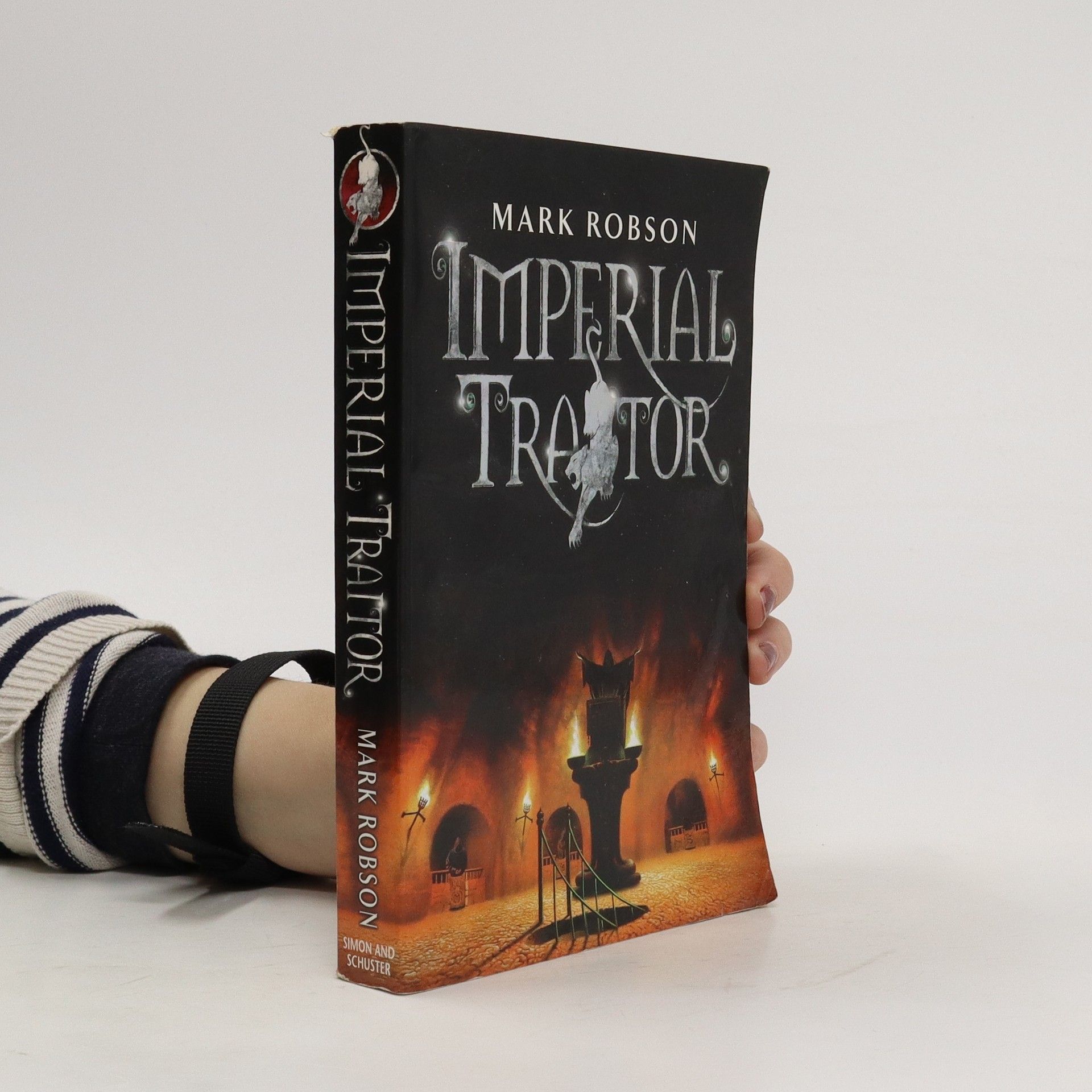
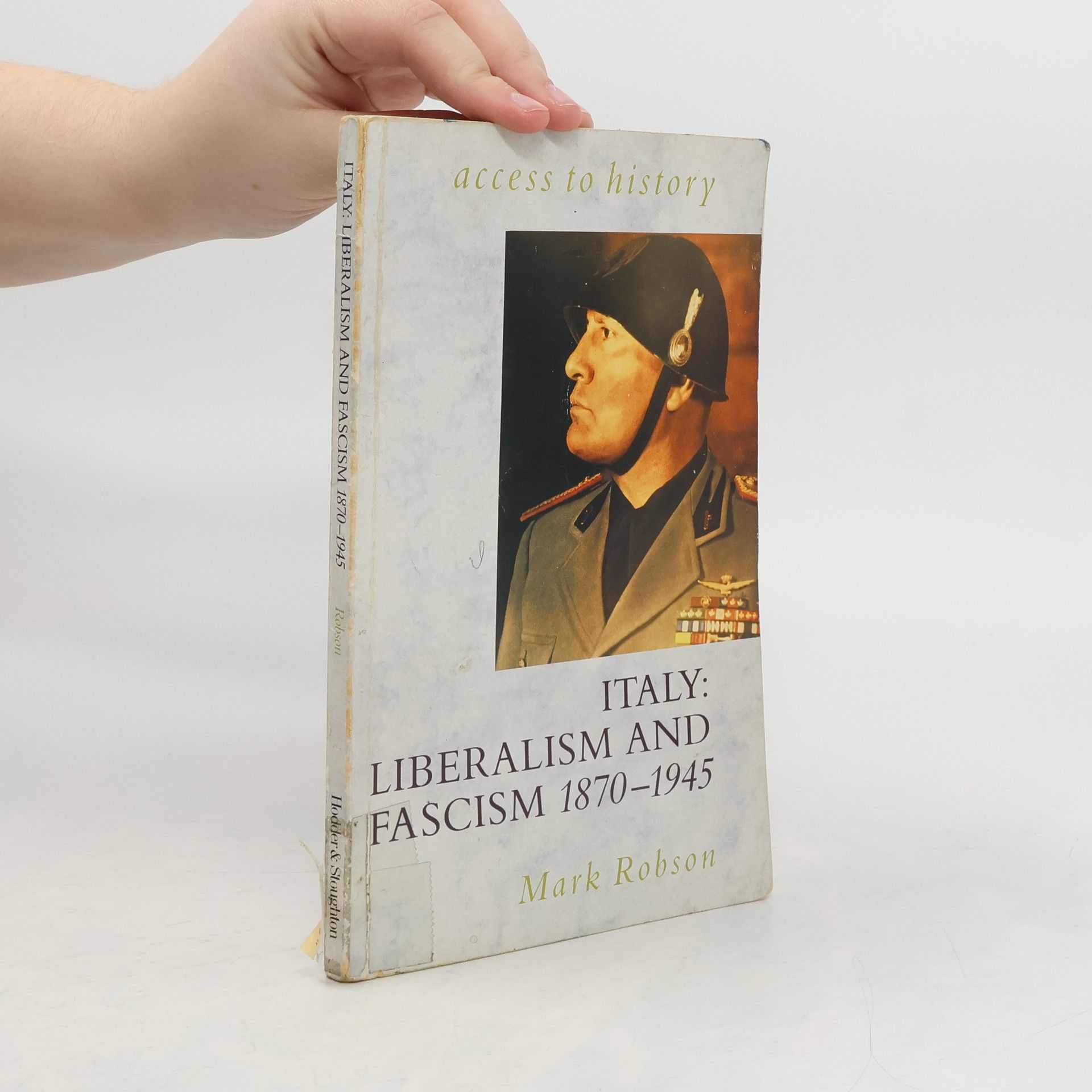
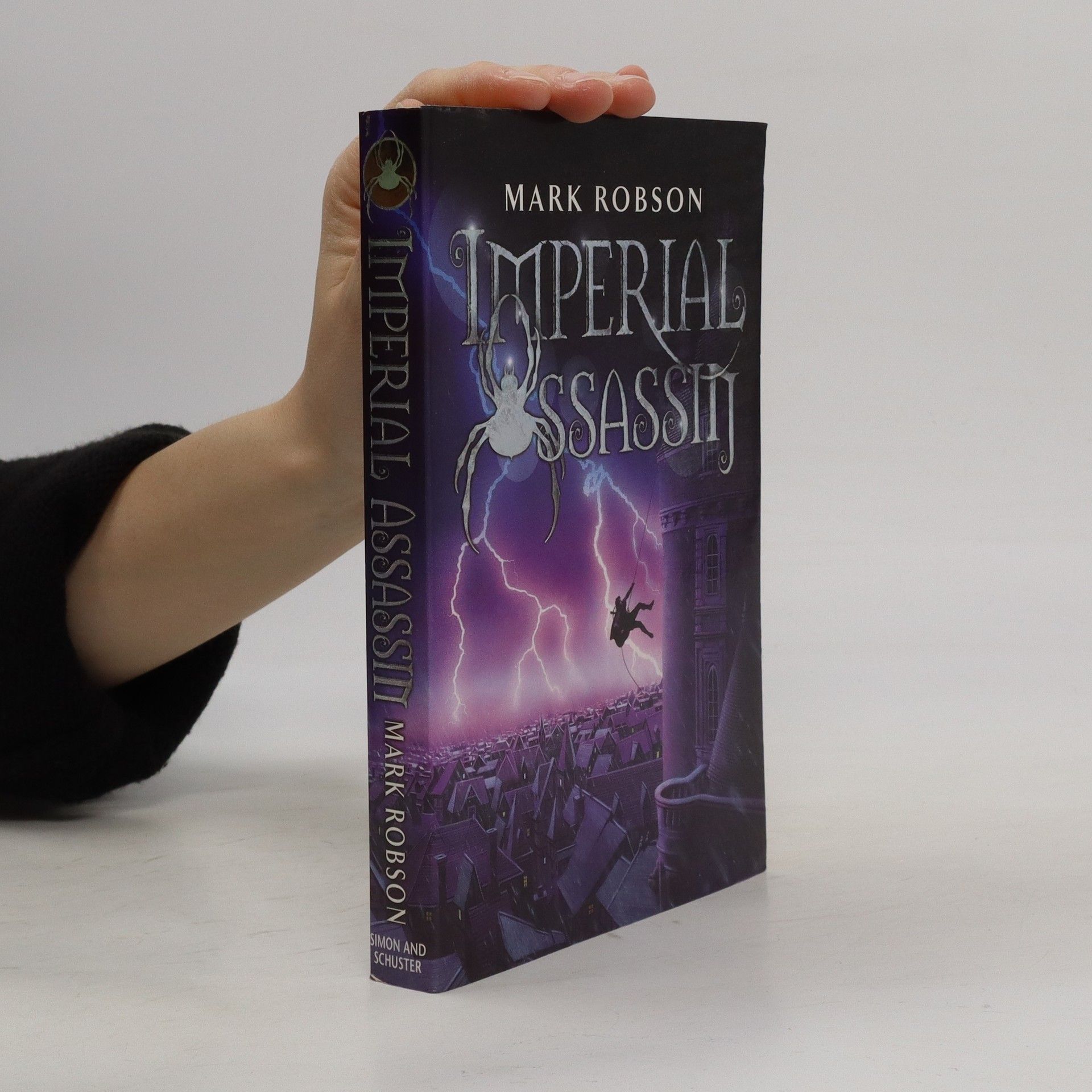
Elian entdeckt, dass er ein auserwählter Drachenreiter ist und begibt sich mit seinem Drachen Aurora auf eine abenteuerliche Reise. Gemeinsam mit Kira, Nolita und Pell muss er das vom Untergang bedrohte Drachenvolk retten und sich dabei finsteren Mächten und eigenen Ängsten stellen.
In Thrandor glaubt niemand mehr an Magie, bis der junge Calvyn zum Schüler eines alten Magiers wird. Er ist das "Schwert", das laut Prophezeiung eine böse Macht besiegen kann. Doch ein seelenfressender Dämon macht ihn zum willenlosen Werkzeug. Seine Gefährtin Jenna kämpft, um ihn zu retten und den Dämon zu töten.
Ein blutjunger Magier und ein uraltes Vermächtnis des Bösen In Thrandor glaubt niemand mehr an Magie – auch Calvyn nicht. Bis ein alter Magier ihn zu seinem Schüler macht, um den Waisenjungen für die schwere Aufgabe auszubilden, die ihm vorherbestimmt ist. Denn Calvyn ist das »Schwert«. Er allein, so besagt die Prophezeiung, kann die böse Macht besiegen, die in dem Blut-Amulett in der Wüste Terachim schlummert und nur darauf wartet, erweckt zu werden … Unter dem Einfluss des Blut-Amuletts wiegelt Lord Demarr die Nomadenstämme zum Krieg gegen Thrandor auf. Als das gewaltige Heer den Königssitz Mantor erreicht, gibt es nur noch eine Hoffnung: den Novizen Calvyn und sein Zauberschwert. Er allein kann den Bann brechen, der auf dem Träger des Amuletts liegt …
Die große neue Fantasy-Trilogie Jahrelang hat die Gilde von Shandar das Land terrorisiert. Nun gibt es endlich Hoffnung: in der Figur des neuen Herrschers Surabar und der jungen Femke. Doch die Gilde existiert nach wie vor. In ihrem Versteck bereitet sie den Gegenschlag vor – allen voran der Auftragsmörder Shalidar. Herrscher Surabar wird brutal ermordet und damit stirbt auch die Hoffnung auf Frieden. Während Shandar in Anarchie versinkt, erstarkt die Gilde wieder. Jetzt liegt es allein an Femke, den Thron und damit das Land zu retten. • Mark Robson ist ein Meister der actionreichen Fantasy • Fantasievolles Mittelaltersetting und Kampfszenen vom Feinsten • Für alle Fans von Trudi Canavan und Naomi Novik
In the exciting conclusion to the trilogy, Emperor Surabar is assassinated, and Shalidar makes plans to put Lord Tremarle on the throne, in return for being appointed his heir. The remaining lords have other plans, however, and the city descends into anarchy. Femke and Reynik go into hiding with the Emperor designate, Lord Kempten. But for Kempten to take over, he must destroy the master stone€”a stone which is kept in the heavily-guarded palace. As gladiators face up to assassins, can Femke come up with a plan to get them into the palace and return peace to the city?
The new editions of Access to History combine all the strengths of this well-loved series with a new design and features that allow all students access to the content and study skills needed to achieve exam success. The third edition of Liberalism and Fascism 1870-1945 has been revised to reflect the needs of the current specifications. The new edition starts by examining the weakness of Liberal Italy and how the First World War increased its problems, before going on to analysing and explaining the rise of Fascism and Mussolini's subsequent consolidation of power. It also includes detailed chapters on life in Fascist Italy, its economy, politcal system and foreign policy before concluding with an examination of why Mussolini's regime collapsed in 1943. Throughout the book, key dates, terms and issues are highlighted, and historical interpretations of key debates are outlined. Summary diagrams are included to consolidate knowledge and understanding of the period, and exam style questions and tips for each examination board provide the opportunity to develop exam skills.
Femke, a gifted and resourceful young spy, is entrusted with a vital foreign mission by the Emperor. Her adversary, Shalidar, frames Femke with responsibility for two murders while she is visiting their neighbouring court. Femke is isolated in an alien country, being pursued both by her enemies and by the authorities. Only her sidekick, Reynik, a young military trainee, can help. Together, they must outwit the evil assassin Shalidar and prove Femke's innocence so they can complete the imperial mission.
Declared outlaws by the Emperor, the Guild of Assassins strikes back hard in the second volume in the Imperial Trilogy. The Emperor must act fast. He needs someone to infiltrate the Guild. All attempts to locate the assassins' headquarters have failed and Femke is already known to the assassins. So Reynik, the young legionnaire, must penetrate their inner circle to discover the Guild's secrets. But secrets kept hidden for more than five centuries command a high price—is Reynik ready to risk his life for the mission?
Following on from "The Unification of Italy", this book provides an accessible narrative account of the emergence of the modern Italian state, the Liberal Monarchy 1870-1915, the rise of fascism, the nature of Mussolini's regime until its fall in 1945 and the post war period.